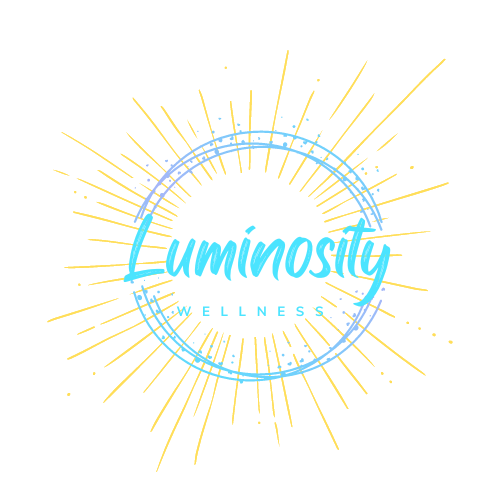In the pursuit of optimal health, we often emphasize the importance of a balanced diet, regular exercise, and proper hydration. However, there’s one crucial element that tends to elude many—consistent, restorative sleep. Despite our best efforts, chronic insomnia can cast a shadow over our well-being, manifesting in various forms such as brain fog, daytime fatigue, and diminished focus. Understanding the nuances of insomnia, whether chronic, intermittent, or transient, unveils the intricate relationship between our sleep/wake cycle and overall health.
Here, we will examine some of the intricacies of sleep disruption and explore five simple habits that can be seamlessly integrated into your nighttime routine. These practices aim to enhance the natural production of melatonin, the key player in regulating our sleep patterns. From the soothing ambiance of your living space to strategic exposure to daylight, we unveil practical steps to reclaim the tranquility of a good night’s sleep. However, if these strategies fall short, we also explore the potential benefits of melatonin supplementation, tailored to different sleep challenges.
Insomnia is a disruption of our sleep/wake cycle and can be chronic, intermittent, or transient. Some people have difficulty falling asleep or staying asleep. Others simply do not feel rested upon waking or they are waking too early. Transient insomnia only occurs for a short duration and is usually related to mental/emotional stressors. It may last for a few days to a week before returning to a normal sleep pattern. Intermittent insomnia occurs on and off, but occurs frequently enough to be a concern since sleep patterns are noticeably interrupted and the effects of sleep deprivation can be felt throughout the day. Chronic insomnia is defined by interrupted sleep on most nights lasting longer than one month.
We can enhance our ability to have a good night’s sleep by integrating five simple habits into our nighttime routine that may increase our natural production of melatonin.
- When the sun goes down, turn the lights down in your home to bring a sense of calm.
- No computer work late into the evening to reduce exposure to blue light.
- Eat a small snack containing some carbohydrates and protein about one hour before bed – this increases serotonin levels which in turn increases melatonin.
- Remove all ambient light from your bedroom.
- Spend time outdoors in the daylight hours to create a sharp contrast between day and night.
If enhancing your own melatonin does not work, you can supplement with melatonin in a variety of different forms. For those who have difficulty falling asleep, taking 1-3mg of melatonin one hour before bed may do the trick. For those who have difficulty staying asleep, a prolonged release form of melatonin may be more effective. Melatonin comes in sublingual, chewable and tablet form.
Quality sleep is a cornerstone of robust health, yet nearly 20% of adults grapple with sleep-related issues at some point in their lives. As we unravel the connection between habits and sleep quality, it’s crucial to acknowledge that persistent sleep concerns may signify underlying health issues. Beyond the realm of simple remedies, a comprehensive review of your health history and current status is imperative. If sleep continues to elude you, don’t hesitate to reach out. Let’s embark on a journey to uncover the roots of your sleep challenges and pave the way for a revitalized, well-rested you. Your path to better sleep begins with understanding, and together, we can illuminate the way toward lasting relief and improved well-being.
